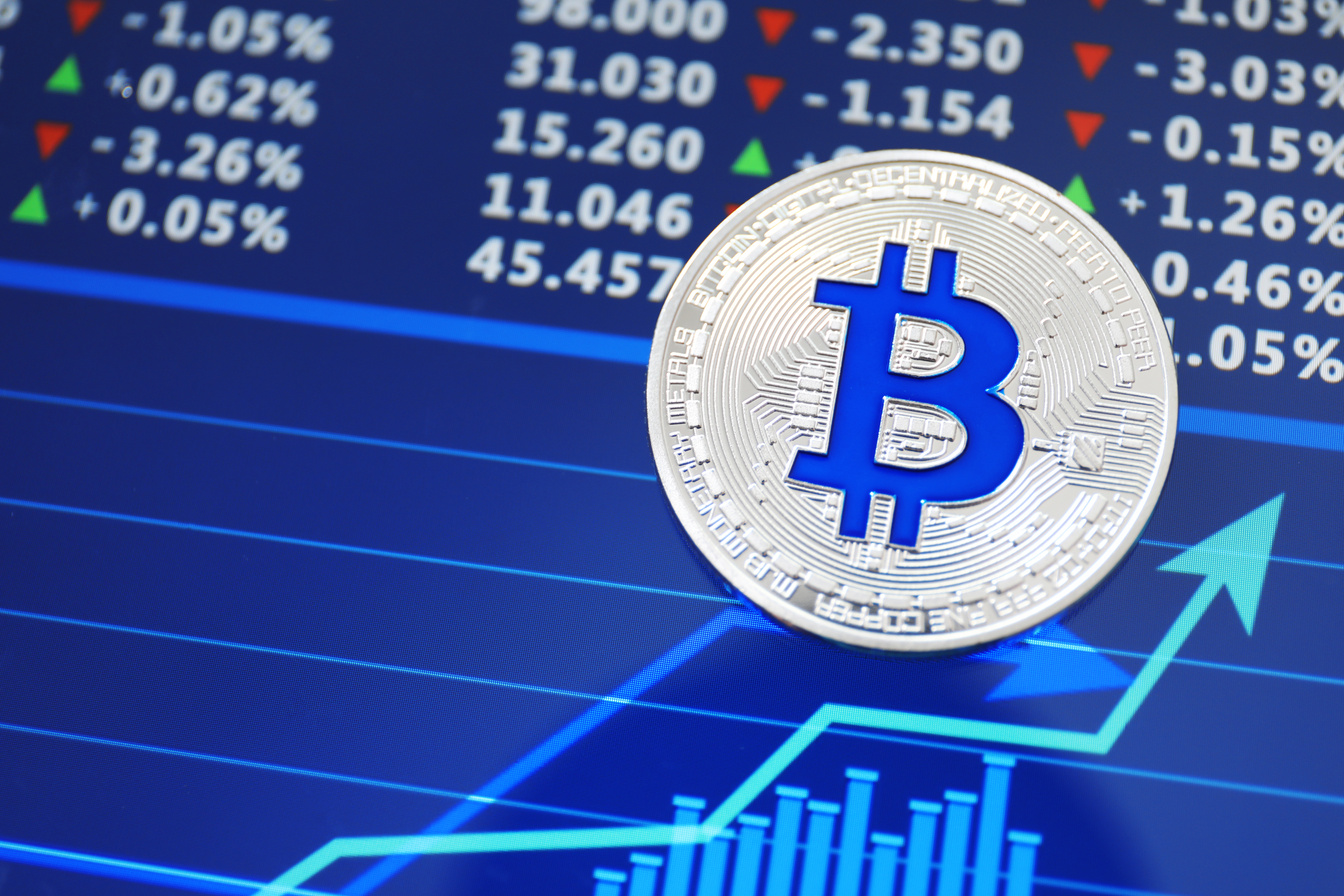In the financial markets, virtual currencies have emerged as transformative forces. Our attention is shifting from traditional monetary systems to the expansive realm of digital currency, offering unparalleled financial freedom. Unlike tangible money, digital currency exists in an intangible form and relies on digital systems for transactions.

Questions abound regarding digital payments: Does money truly exist in the virtual space?
Can it be tracked?
Is it legitimate?
Indeed, digital currency exists solely in digital form. Unlike physical money, it is intangible and necessitates a digital infrastructure for transactions. Digital currencies encompass cryptocurrencies, central bank digital currencies (CBDCs), and virtual currencies.
The term “crypto” derives from the Greek word “kryptos,” meaning hidden or secret.
It’s important to recognize that, like many physical currencies, cryptocurrency functions as a form of currency. Physical currencies, such as bills or coins, exist in one place at a time. Unlike the Rupee, which is legal tender, cryptocurrency is not controlled by any central bank and not a “legal tender”. Though transactions are real and can involve substantial sums domestically and internationally, they remain unregulated and unmonitored.
Cryptocurrency was conceptualized by the enigmatic figure Satoshi Nakamoto, who authored the Bitcoin whitepaper. Nakamoto’s identity remains unknown, and the innovation may have been a collaborative effort. The concept of using trusted intermediaries for payments is historically rooted, akin to the traditional Hundi or Hawala systems in South Asia. Digital currencies have modernized this by eliminating the need for human intermediaries.
Cryptocurrencies can be divided into coins and tokens. Coins, like Bitcoin and Ether, operate on their own blockchains, while tokens are built on existing blockchains. Transactions occur across a distributed ledger, enhancing transparency, security, and traceability. For instance, Facebook (now Meta) introduced Libra, a bold attempt to create a global cryptocurrency. Despite its ambitious goals, Libra faced significant regulatory pushback and was eventually rebranded as Diem.
China has advanced further with the eCNY, a digital yuan, which has been adopted in millions of transactions. Large corporations like Tesla and PayPal’s involvement with cryptocurrencies indicates a shifting perception of digital assets. Once the domain of tech enthusiasts, platforms like PayPal now allow users to buy, sell, hold, and transfer digital currencies directly through their accounts. It is a pity that PayPal’s services are not available in Pakistan, so alternatives like Pioneer are used.
For many, digital currencies represent economic empowerment and an upgrade from traditional banking. In regions with unreliable financial infrastructure, they serve as crucial economic enablers.
However, the anonymity and difficulty in tracing cryptocurrency transactions make them attractive for illegal activities, such as money laundering, drug trafficking, and arms deals, posing significant challenges. attractive for activities retailing.
The decentralized nature of cryptocurrencies complicates law enforcement efforts to track and intercept illicit funds.
Advancements in blockchain technology aim to enhance transparency and security, but the pseudonymous nature of crypto transactions still poses risks. Regulators and financial institutions are intensifying efforts to combat these issues through stricter Know Your Customer (KYC) and Anti-Money Laundering (AML) regulations. As the cryptocurrency market expands, stakeholders must balance the benefits of digital currencies with measures to prevent and mitigate illegal activities.

Pakistan’s financial regulations are evolving to foster a conducive environment for business growth. Although the State Bank of Pakistan and the Federal Board of Revenue banned digital currencies in 2018, there is a growing recognition of the need for a robust regulatory framework. Policymakers are working to harmonize regulations across provinces to ensure consistency and legal clarity.
Efforts are underway to raise awareness and understanding of financial innovations, including cryptocurrencies, to harness their potential for economic growth. By addressing legislative challenges and creating a regulatory environment that balances innovation with security, Pakistan aims to attract both local and international investors. Key focus areas include streamlining procedures, enhancing transparency, and ensuring compliance with global standards.
Additionally, initiatives to support small and medium-sized enterprises (SMEs) through improved access to credit and financial services are being strengthened. These measures collectively contribute to a business-friendly atmosphere, encouraging entrepreneurship, job creation, and overall economic development in Pakistan.







